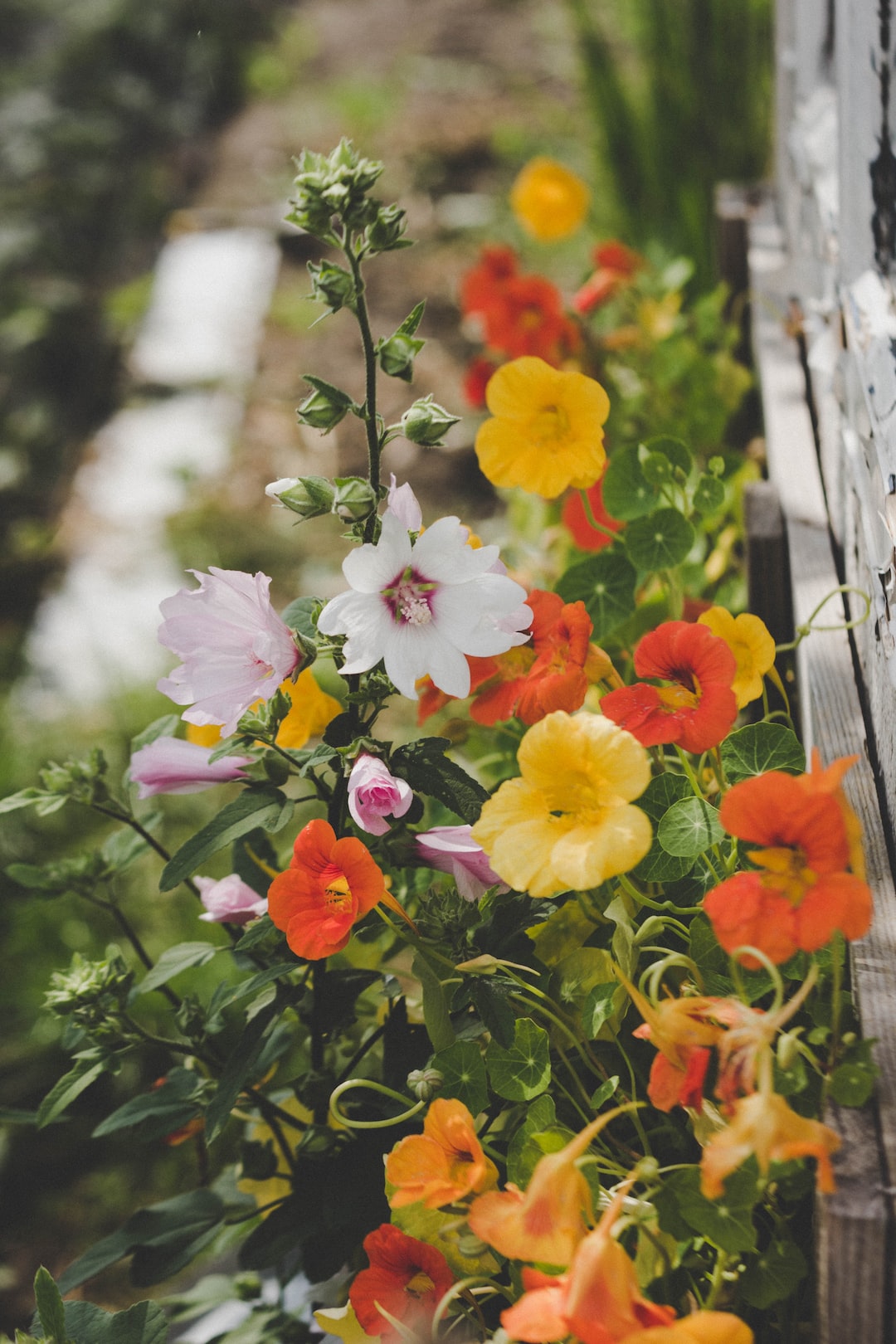Gardening is a wonderful way to connect with nature and create a beautiful and relaxing outdoor space. However, it can be frustrating when common pests invade your garden and cause damage to your plants. Fortunately, there are steps you can take to prevent and treat these pests, allowing your garden to thrive.
Prevention is key when it comes to dealing with garden pests. One of the easiest and most effective ways to prevent pests from entering your garden is by practicing good sanitation. This includes regularly removing dead plants and debris, as they can provide shelter for pests. Additionally, keep your garden clean by regularly weeding, as weeds can harbor pests and diseases.
Another preventive measure is to create physical barriers to keep pests out. Install fencing or netting around your garden to keep out larger pests like deer and rabbits. For smaller pests like insects, consider using row covers or cloches to protect your plants. These covers allow sunlight and moisture to pass through while keeping pests away.
Choosing the right plants for your garden can also help prevent pest problems. Different plants have different resistances to pests, so it’s a good idea to research which plants are less attractive to common pests in your area. Additionally, planting a diverse range of plants can help deter pests, as certain plants naturally repel insects.
Even with preventive measures in place, it’s inevitable that some pests will find their way into your garden. When this happens, it’s important to take prompt action to treat the infestation.
For small insect pests like aphids or mites, a homemade insecticidal soap can be an effective treatment. Simply mix a few tablespoons of liquid soap with water and spray it on the affected plants. This solution suffocates the pests and is safe for most plants.
Biological control is also a natural and effective way to combat pests. Introduce beneficial insects like ladybugs or lacewings to your garden as they prey on common pests. You can purchase these insects or attract them by planting flowers that provide nectar and pollen.
If you prefer a more chemical approach, there are a variety of pesticide options available. It’s important to choose pesticides that are specifically labeled for the pests you are targeting and follow the instructions carefully to avoid harming beneficial insects and other wildlife.
In conclusion, preventing and treating common garden pests requires a combination of good gardening practices and effective pest management techniques. By practicing good sanitation, creating physical barriers, and choosing pest-resistant plants, you can minimize the chances of an infestation. If pests do invade your garden, prompt action using natural or chemical treatments can effectively eliminate them and protect your plants. Ultimately, a little extra effort in pest prevention and treatment will go a long way in keeping your garden healthy and thriving.
